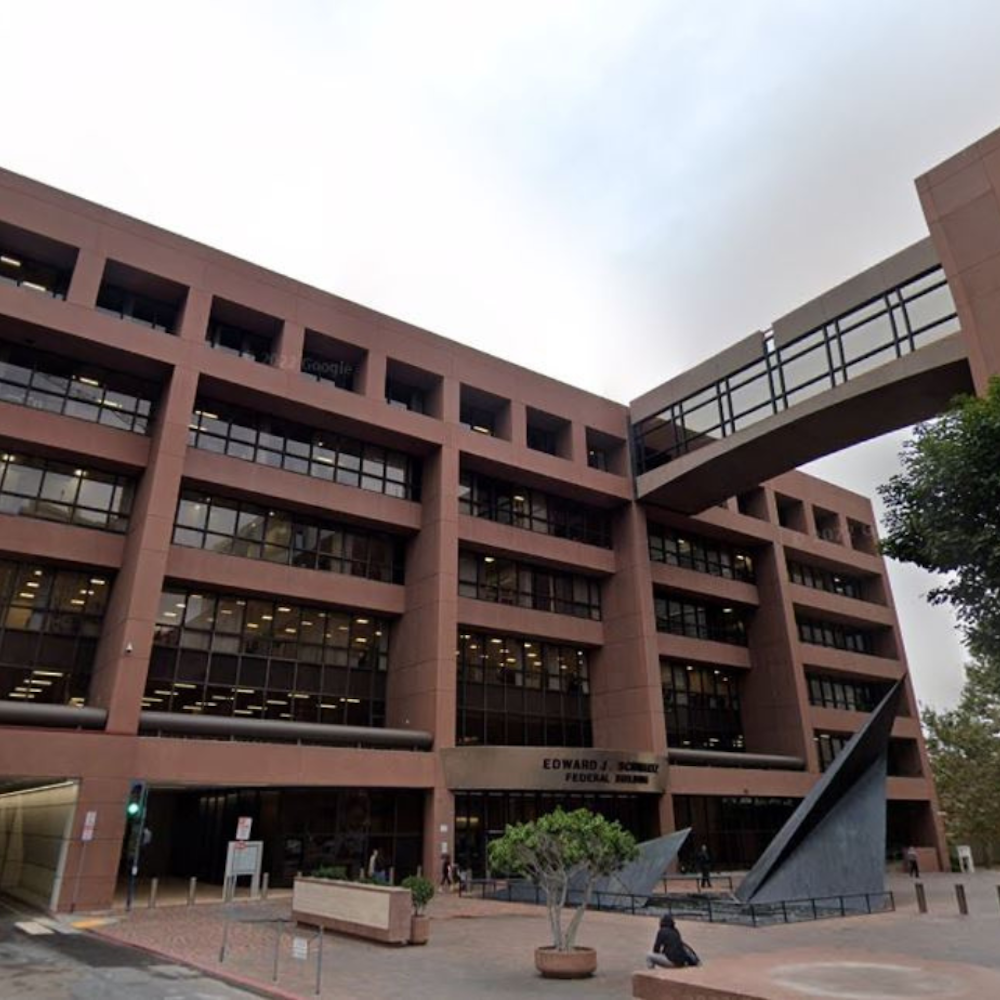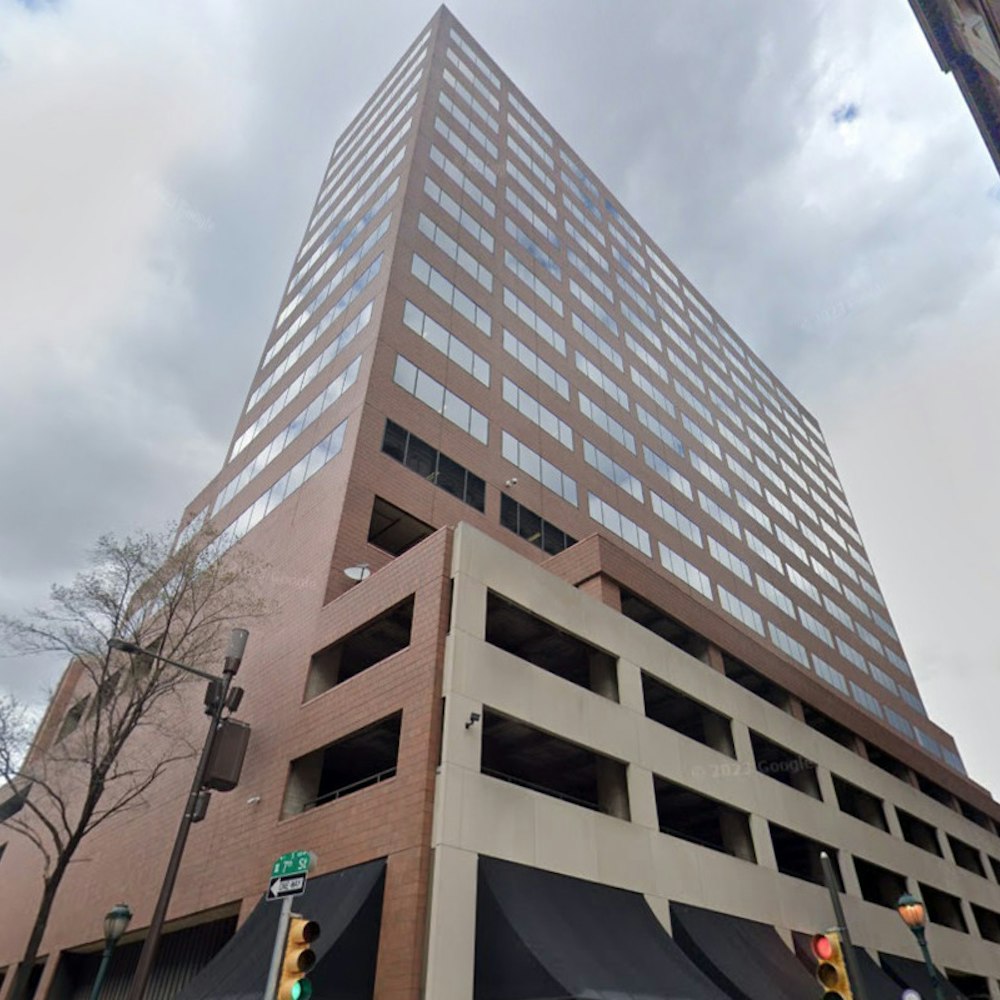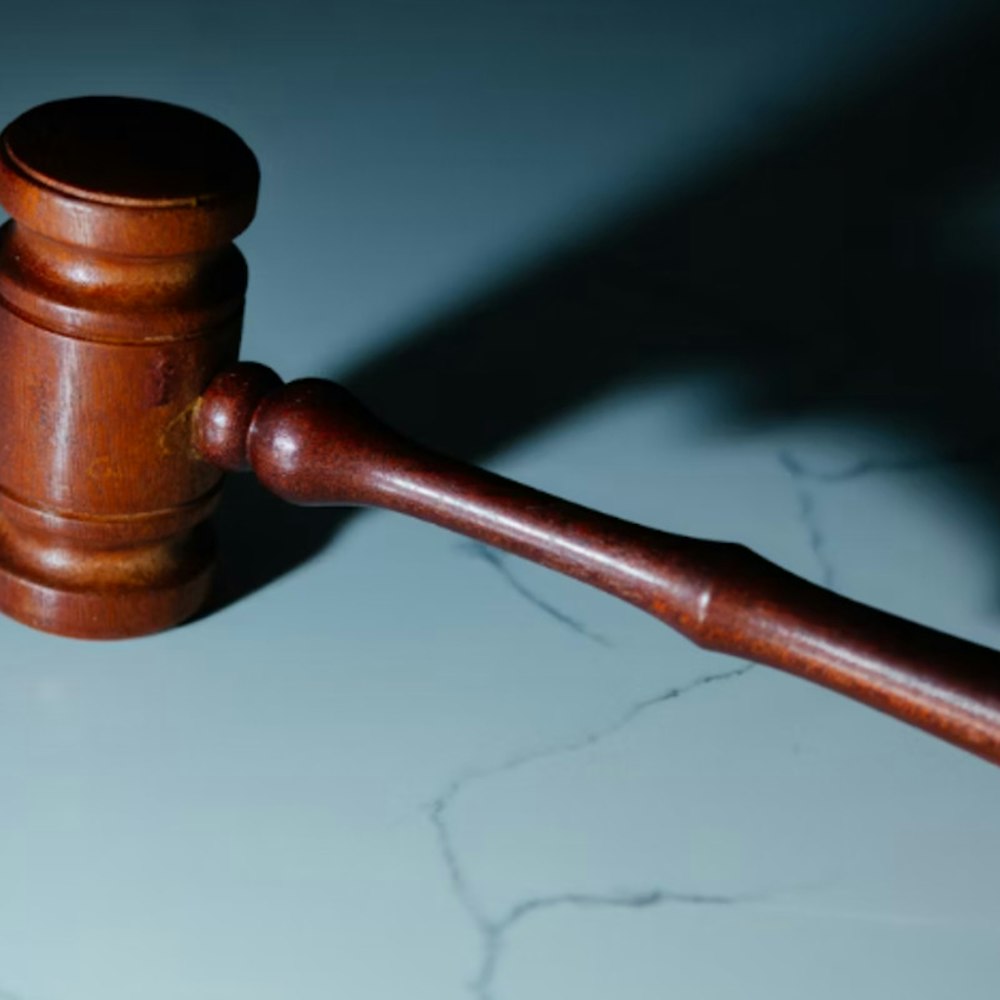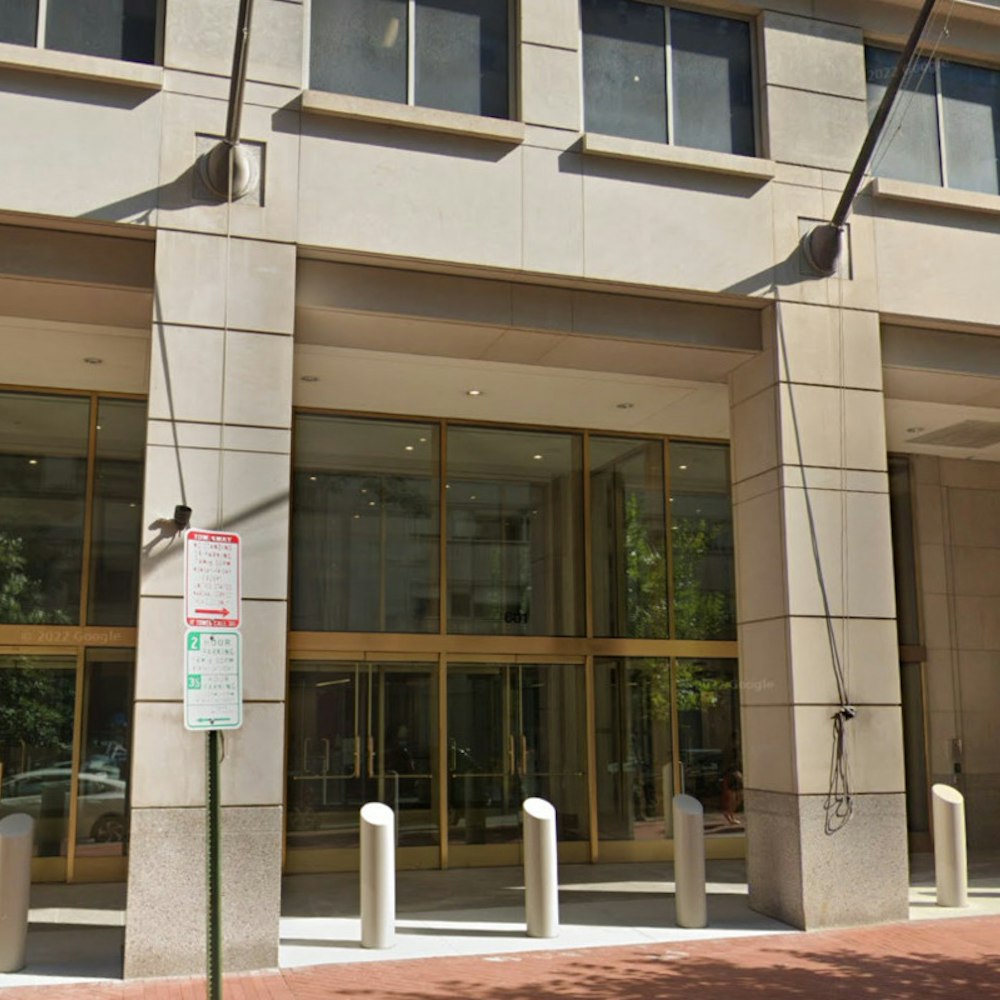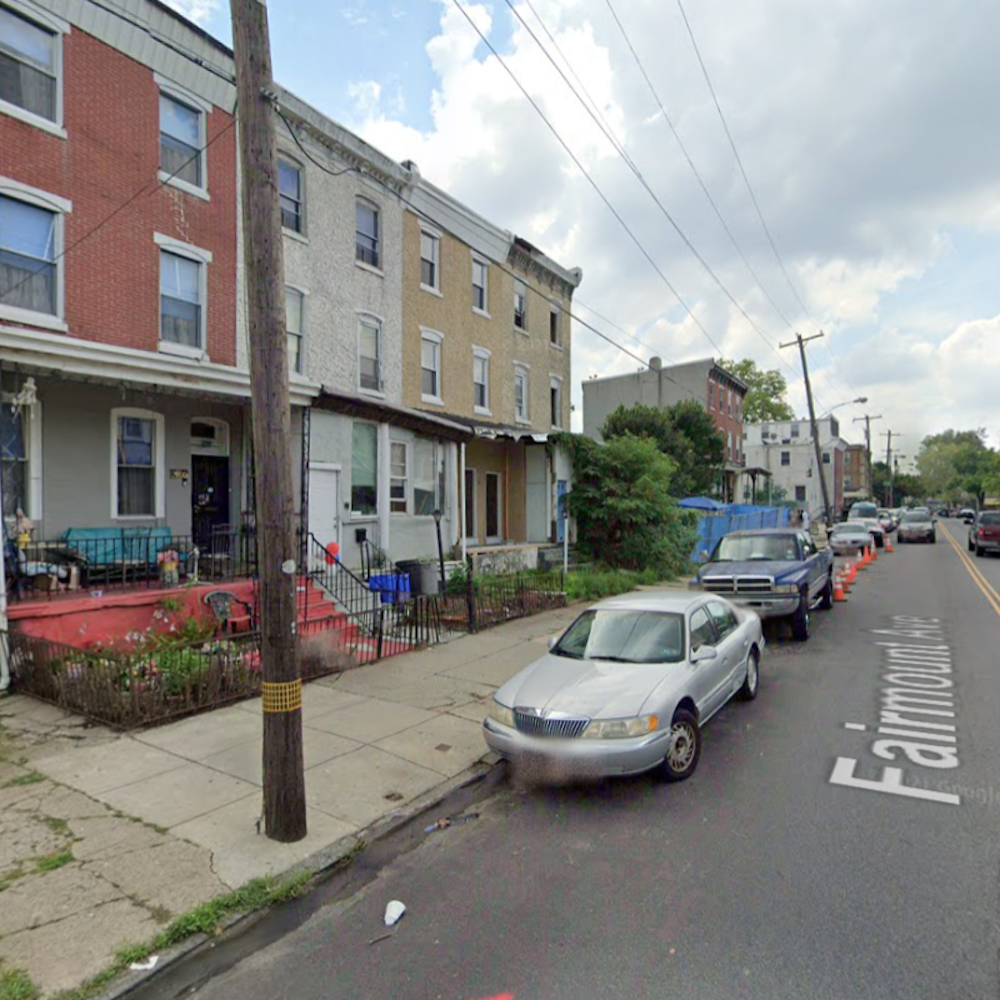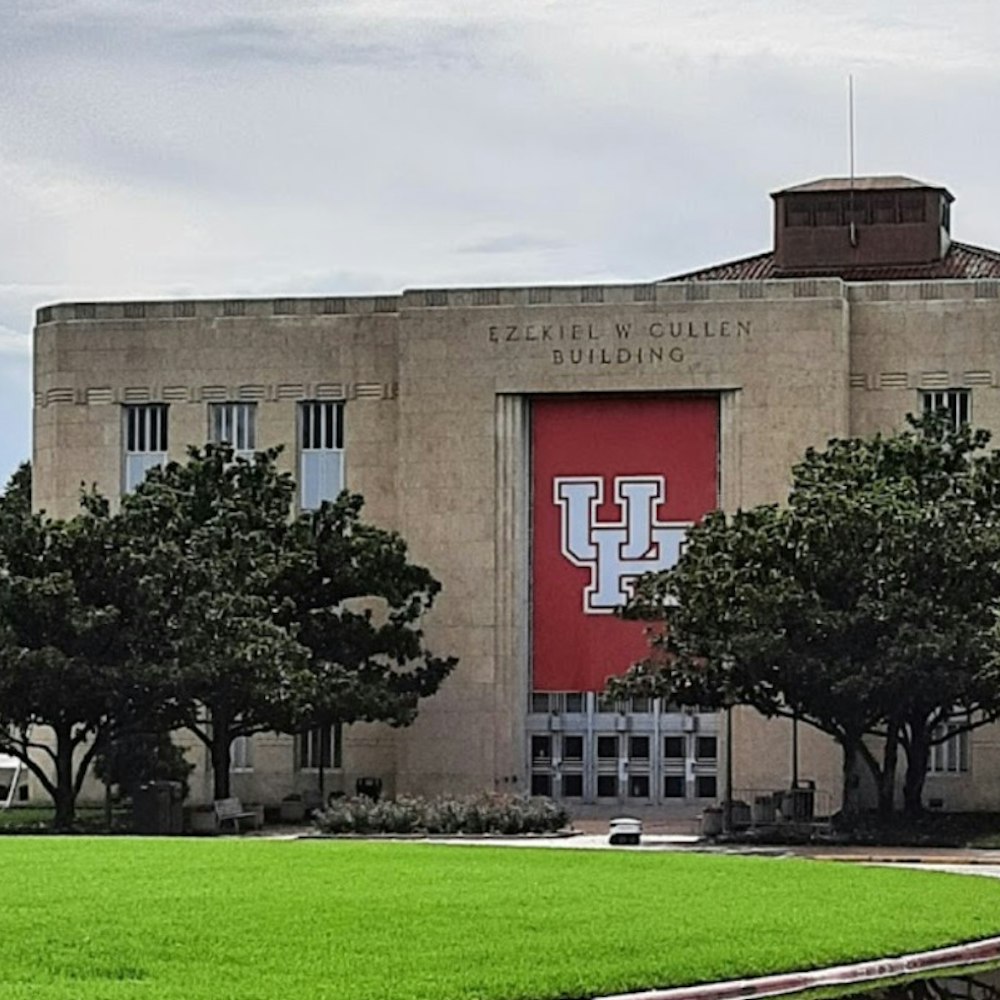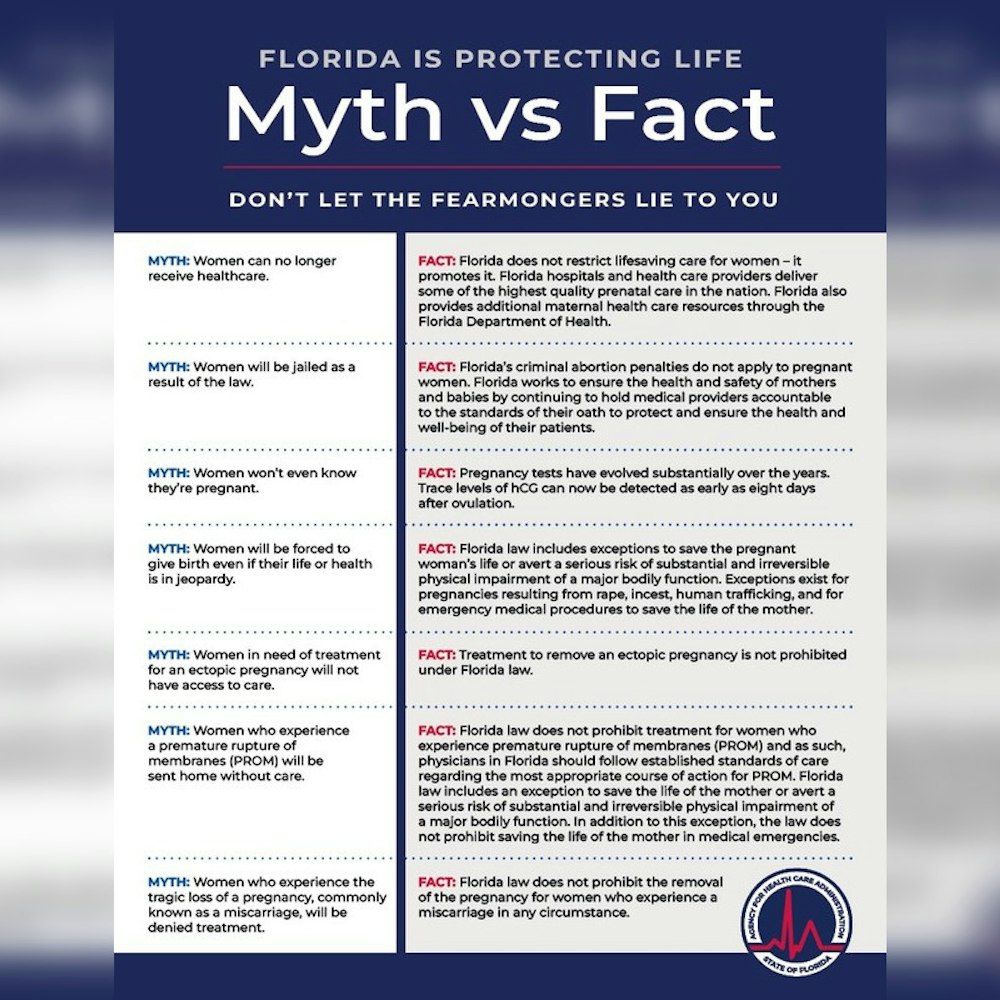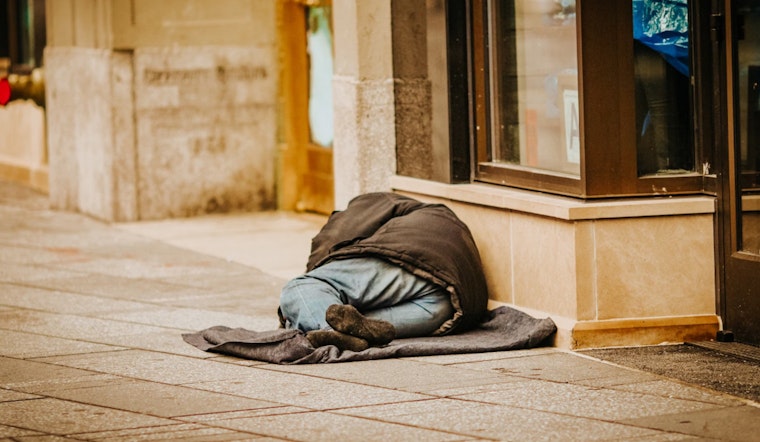
The Supreme Court kicked off discussions Monday on a case with national implications, focusing on the constitutionality of ordinances that penalize homelessness—specifically the practice of sleeping on public property. In the spotlight is the City of Grants Pass, Oregon, which implements fines for those who set up campsites in public areas without shelter options. According to a report by KOMO News, local governments may see a significant shift in how they manage public spaces should the court rule against the city's statutes.
The court's decision comes amid a national crisis, with homelessness on the rise—a staggering 12% increase from 2022 to 2023. A chilling report from the Department of Housing and Urban Development estimates some 256,000 people remain unsheltered across the United States, according to CBS News. Issues like skyrocketing housing costs and the withdrawal of pandemic-era assistance contribute to this surge, which, presents a harrowing tableau of disparity and desperation.
Grants Pass, with a population hovering around 40,000, has taken a hard stance, imposing fines and, in severe instances, jail time for repeat offenders found camping or sleeping in public spaces. These ordinances have sparked intense debate at the highest level, with Justice Elena Kagan suggesting that for those without shelter, "sleeping in public is kind of like breathing in public," as she told NBC News. Kagan highlighted the broad nature of these laws, which could potentially criminalize a human necessity.
Despite the tough rules, city officials hold their ground, claiming the punitive measures are legal and essential to discourage the formation of homeless camps. While the city does not provide a shelter of its own, it points those in need to a religious organization that offers limited space and imposes various conditions for stay. In court papers, the city's lawyers maintained that "fines and short jail terms for camping on public property are not cruel and unusual punishments." This perspective is countered by Justice Ketanji Brown Jackson's point that it seems both "cruel and unusual to punish people for acts that constitute basic human needs." These competing views foreground a dichotomy between legal interpretations and humanitarian concerns.
As the discussions progress, the Supreme Court's ruling holds the potential to alter the handling of homelessness nationwide. The outcome could redefine the intersection between public policy, and, the rights of those living on the fringes of society.
